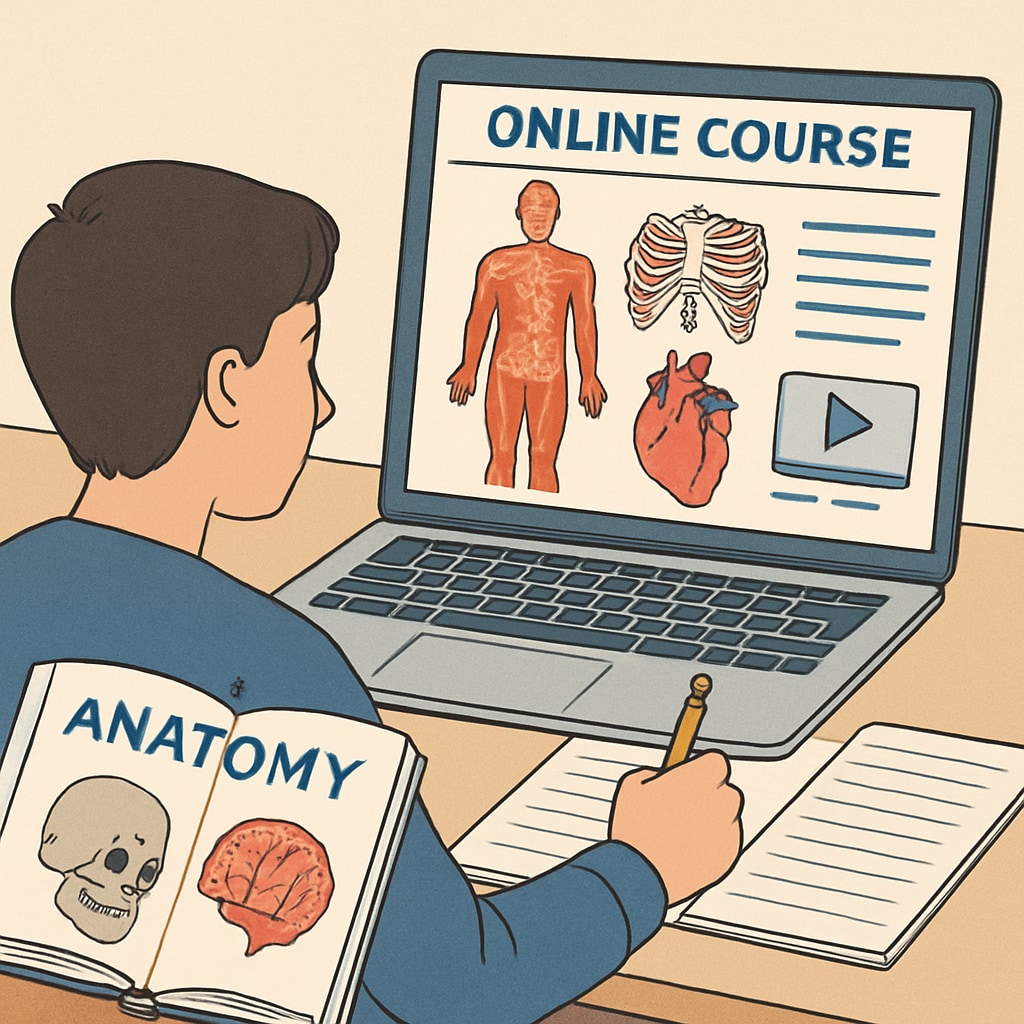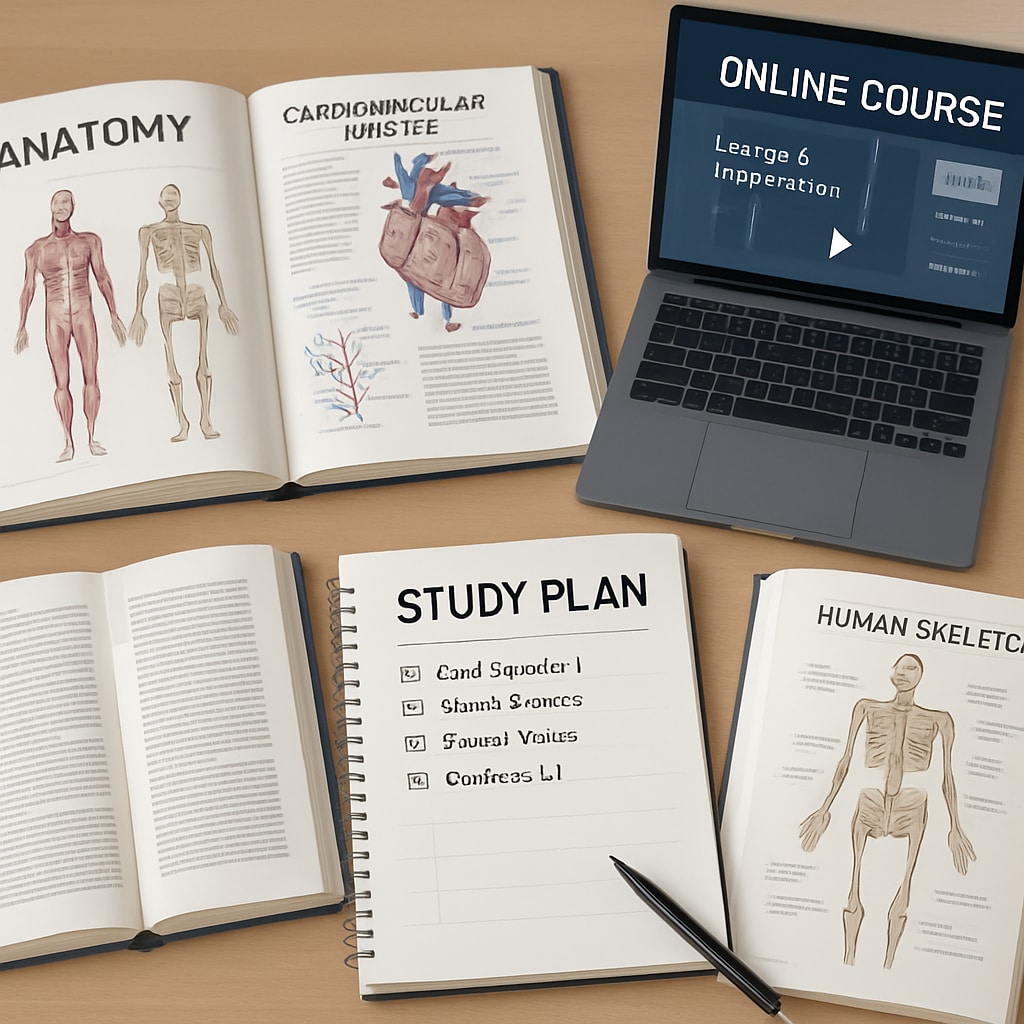In today’s interconnected world, accessing medical education is no longer limited to professionals with prior training. For individuals with a non-medical background, the ability to gain systematic knowledge in specific medical fields has been revolutionized by the proliferation of online courses, open educational resources, and specialized programs. These tools offer an unprecedented opportunity for cross-disciplinary learning, enabling anyone to explore and contribute meaningfully to the healthcare landscape.
Why Non-Medical Learners Seek Medical Education
There are various reasons why someone without a medical background might wish to explore this field. For example:
- Career transitions: Professionals from fields like data science or engineering might want to apply their skills in healthcare.
- Personal interest: Individuals intrigued by medical science may wish to understand it better, perhaps to support family members with specific conditions.
- Entrepreneurial ventures: Innovators creating products or solutions for healthcare need foundational knowledge to succeed.
However, navigating the vast and often fragmented landscape of medical education resources can be daunting. Below, we outline key strategies and resources to help non-medical learners get started.

Medical Education Resources for Non-Medical Backgrounds
Non-medical learners can access a wide range of resources tailored to their needs. Here are some of the most effective options:
- Massive Open Online Courses (MOOCs): Platforms like Coursera and edX offer courses developed by renowned medical schools. These courses range from introductory topics to specialized areas such as epidemiology or neuroscience.
- Open educational resources (OER): Organizations like MIT OpenCourseWare provide free access to medical course materials, including lectures, reading lists, and assignments.
- Textbooks and journals: Digital libraries like PubMed offer access to peer-reviewed articles and studies. These resources are essential for staying current in rapidly evolving fields.
- Specialized certifications: Short-term programs in areas like medical ethics, health informatics, or public health provide credentials that demonstrate expertise.
By leveraging these resources, learners can construct a tailored educational pathway that aligns with their goals, whether they aim to gain a broad understanding or dive deep into a niche area.
Building a Systematic Learning Framework
One of the challenges for non-medical learners is creating a structured approach to mastering complex medical topics. Here are some practical strategies:
- Start with foundational knowledge: Begin with basic human anatomy, physiology, and medical terminology to establish a solid base.
- Set clear goals: Decide whether you want to achieve general knowledge or specialize in areas like cardiology, oncology, or mental health.
- Leverage multimedia resources: Combine videos, podcasts, and interactive tools to maintain engagement and reinforce learning.
- Participate in discussions: Join forums or online communities like Reddit’s r/medical or Quora to connect with experts and peers.
- Apply knowledge practically: Volunteer in healthcare-related settings or work on projects that integrate what you’ve learned.
By following these steps, learners can develop a systematic and efficient approach to acquiring medical knowledge, even without a formal background in the field.

Challenges and How to Overcome Them
Despite the availability of resources, non-medical learners may face specific challenges:
- Overwhelming content: Medical topics are dense and extensive. To avoid burnout, focus on one area at a time and celebrate small milestones.
- Lack of practical experience: Without hands-on practice, it can be hard to fully grasp certain concepts. Consider virtual labs or simulations as alternatives.
- Difficulty understanding jargon: Medical terminology can be complex. Use glossaries and apps like MediBabble to simplify learning.
Recognizing these obstacles and planning proactive solutions will help learners stay motivated and achieve their objectives.
Conclusion: The Future of Cross-Disciplinary Medical Education
The integration of technology and education has made medical knowledge more accessible than ever. For non-medical learners, the key lies in leveraging the right resources, building a structured learning plan, and staying consistent in their efforts. As the healthcare industry continues to evolve, cross-disciplinary contributors will play a vital role in driving innovation and improving patient outcomes.
Whether you’re an aspiring entrepreneur, a curious learner, or someone looking to make a career change, the tools and strategies outlined here can help you embark on a rewarding journey into the world of medical education.
Readability guidance: Focus on concise paragraphs, practical tips, and an engaging tone. Utilize lists to summarize key points and ensure smooth transitions between sections.


